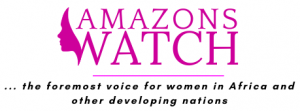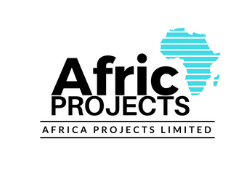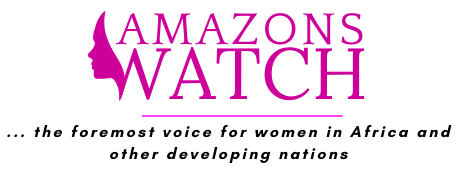Women, over the years, have unarguably demonstrated a strong determination to achieve career successes by their ability to adjust to male-dominated culture and business processes in their various fields. In recent years, the empowerment of women, increasing women’s participation in all aspects of political, social and economic life, has been one of the major goals of participatory movements, as well as women’s organizations throughout the world. These evidently enabled more women in leadership positions across the continent to continue to push the boundaries by utilizing their strengths and leadership qualities in skill, knowledge, experience and passion.
However, across many African countries, research shows that women’s advancement in the society is yet encumbered by legal, social and structural barriers. From national governments, state or provincial governments, to local community groups, women are vastly underrepresented in decision making processes. For instance, Women’s Political Participation: Africa Barometer 2021 Report states that women constitute only 24 per cent of the 12,113 parliamentarians in Africa, 25 per cent in the lower houses, and 20 per cent in the upper houses of parliament. Moreover, while local government is often hailed as a training ground for women in politics, the report added that women constitute a mere 21 per cent of councilors in the 19 countries for which complete data could be obtained.
In addition, more than anything else, the advent of the coronavirus pandemic in the past year revealed the disproportionate impact of governance and policies on women and children. Available data show that the economic impact of the COVID-19 have been worse on women from diverse perspectives. The pandemic has had adverse effect on female-dominated fields, while increasing the unpaid caregiving responsibilities that women disproportionately shoulder, a socio-cultural barrier which often impedes women’s abilities to participate in community consultations and decision-making processes about sustainable management initiatives. The bold new fiscal packages and corporate policies, many of which would have seemed unthinkable before the pandemic, have been enacted with remarkable speed to stabilize the economy during this unprecedented crisis. But some have failed to sufficiently consider women, the half of the world’s population that is arguably more critical to a full economic recovery.
Therefore, experts have opined that if African governments and corporate leaders do not make women’s economic participation a priority of their post-pandemic recovery planning, the modest economic gains that women have made in recent decades will be lost, while the continent’s economic prospects will significantly weaken. To this end, the Amazons Watch Magazine, in partnership with the African Leadership Magazine and the Centre for Economic and Leadership Development (CELD) is thrilled to put together the 3rd Africa Power Women Conference (APWC) – 2021.
This year’s Africa Power Women Conference (APWC) will bring together, the thoughts, insights and divergent views of leaders from business, civil society, and government to discuss ways to advance women’s empowerment around Africa, equip women with the skills, knowledge and shared experiences, not only to build back stronger from the crisis, but also to enable more women to bid and aspire for the highest leadership positions on the continent. The theme of this year’s edition of the conference is thus set as: Pathways to Building Back Better for Women in Africa.






